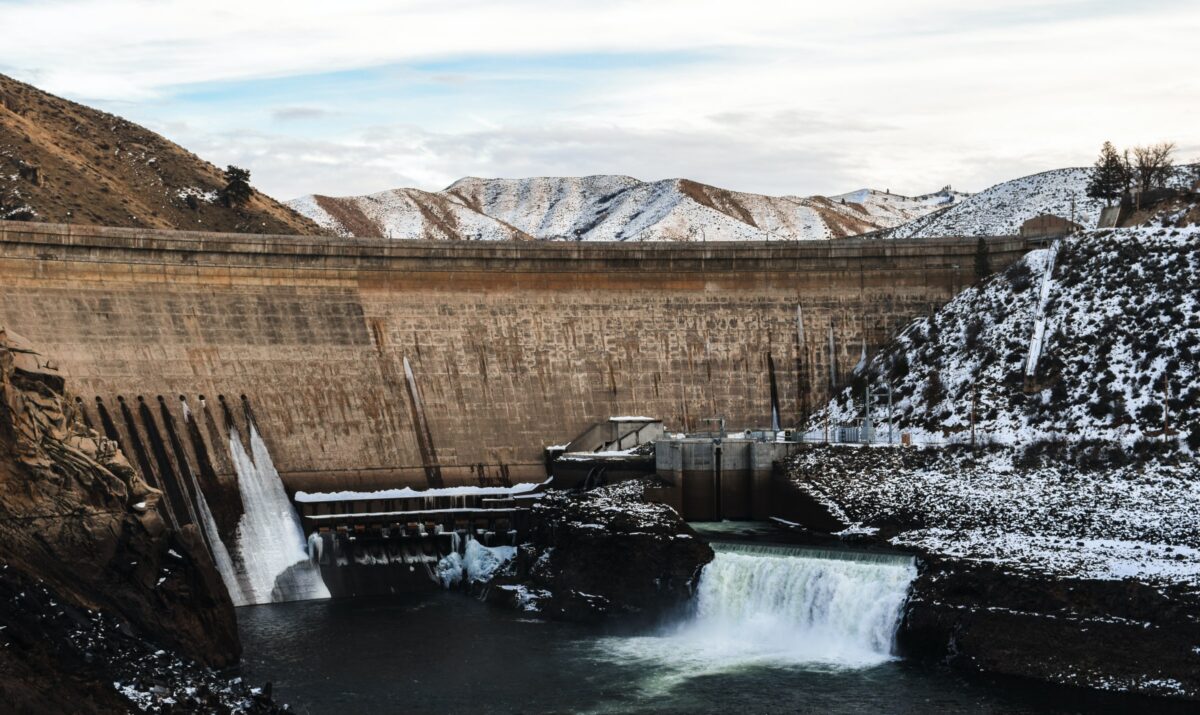And, like in 2008, the biggest losers will be those who are least to blame.
The financial services industry would be the world’s fifth-largest emitter of greenhouse emissions if this was a country.
Based on year-end reports from 2020, the Sierra Club and the Center for American Progress found that eight of the country’s major banks and ten of its largest asset managers combined to fund an estimated 2 billion tons of carbon dioxide emissions, or roughly 1% less than what Russia emitted.
The emissions are the equivalent of 432 million passenger vehicles driven for a year, and the figure would have been far higher if Scope 3 statistics and other factors had been included in. (Scope 3 represents the emissions produced by a company’s supply chain and customers.)
What are the financial ramifications of such environmental devastation? The authors of the research are encouraging the Biden administration to take quick action to reduce the financial sector’s role to global warming, lest a financial crisis equal to that of 2008 occurs.
According to the report, unless the White House manages the transition away from fossil fuels in a systematic manner, the consequences will spread across the financial system and have “dire impacts for the entire U.S. economy.”
According to the analysis, if no action is made to address the climate catastrophe, the world economy might lose more than 18% of current GDP by 2048. During the Great Recession, the United States’ economy contracted by around 4.3%.
Wall Street’s toxic fossil-fuel investments threaten the future of our planet and the stability of our financial system and put all of us, especially our most vulnerable communities, at risk, said Ben Cushing, manager of the Sierra Club’s Fossil-Free Finance campaign. Regulators can no longer ignore Wall Street’s staggering contribution to the climate crisis.
President Joe Biden signed an executive order last week directing the federal government to reduce its carbon footprint drastically, with the objective of achieving net-zero greenhouse gas emissions across all of its operations by 2050. To meet the goal, Biden is pressing US agencies to spend billions of dollars on electric cars, clean power, and upgraded buildings.
Biden must also go after banks and investment businesses, according to the authors of a new research titled “Wall Street’s Carbon Bubble.”
Disclosure is an essential and foundational step in mitigating market risk, the 24-page report states. However, disclosure alone isn’t enough and must be paired with prudential regulation.
According to the research, regulators such as the Securities and Exchange Commission and the Labor Department should at the very least take the following steps to alleviate climate-related financial risks posed by Wall Street’s exposure to high carbon-emitting industries:
- All financial institutions should be required to disclose all emissions in their portfolios that are related to the businesses for whom they provide services.
- Ensure that investment fiduciaries fulfill their obligations to clients and the public, including those related to how they invest and vote their shares.
- Climate risk should be included into the supervisory ratings given to institutions.
- Conduct climate-related stress tests to identify the banks’ potential losses as a result of climate change (Moody’s Investors Service estimates that banks worldwide are exposed to carbon-intensive industries for $22 trillion).
- Banks should be required to fund riskier investments with more equity capital rather than debt.
- Implement climate-risk surcharges on “global systemically important banks.”
- Deposit insurance premiums should be adjusted to reflect climate-related risks.
- Address racial and economic justice issues that overlap with climate-risk-related policies in a proactive manner.
Who is responsible for all that CO2 in the atmosphere, as well as the next financial crisis? The largest providers of the fossil-fuel business have been JPMorgan Chase & Co., Citigroup Inc., Wells Fargo & Co., and Bank of America Corp. Through the $5.3 trillion in credit exposure assessed by the researchers, the eight banks in the report financed an estimated 668 million metric tons of CO2 equivalent (corresponding to 145 million passenger vehicles driven for a year).
The actions of the ten asset managers resulted in 1.3 billion tons of CO2-equivalent emissions, or 287 million passenger vehicles.
According to the research, continuing unfettered emissions will intensify deadly wildfires, droughts, heat waves, hurricanes, floods, and other extreme weather events, and “efforts to mitigate emissions will only become more challenging and costly.”
Ironically, the financial industry is just as vulnerable to the emissions it funds, as the ripple effects of global warming might result in catastrophic losses for global capital markets.
If left unaddressed, Andres Vinelli, vice president of economic policy at the Center for American Progress, wrote in the report, climate change could lead to a financial crisis larger than any in living memory.




